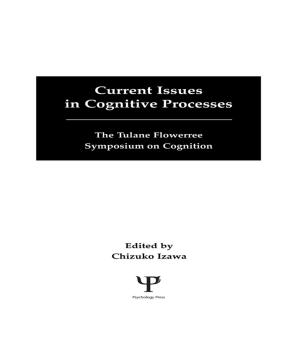The Geopolitics of South Asia: From Early Empires to the Nuclear Age
From Early Empires to the Nuclear Age
Nonfiction, Social & Cultural Studies, Social Science| Author: | Graham Chapman | ISBN: | 9781351777278 |
| Publisher: | Taylor and Francis | Publication: | October 22, 2018 |
| Imprint: | Routledge | Language: | English |
| Author: | Graham Chapman |
| ISBN: | 9781351777278 |
| Publisher: | Taylor and Francis |
| Publication: | October 22, 2018 |
| Imprint: | Routledge |
| Language: | English |
This book was published in 2003. This volume tells the story of the Indian sub-continent. It shows how geological movements moulded the land and how they still impact on it; and traces its history, from the early settlers, the Mogul Empire and the British Raj, through the impact of railways, the development of irrigation systems on the economy and the spread of representative democracy. Discussions are woven around the three major forces of integration. These are "identitive" forces - bonds of language, ethnicity, religion or ideology; "utilitarian" forces - bonds of common material interest; and "coercion" - the institutional use or threat of physical violence. By studying these forces, Professor Chapman shows how the organisation of territory - as states and empires, as monarchic realms and as representative democracies - has been central to the region's historic, cultural, linguistic and economic development. This second edition is fully revised and updated including new material on the Northwest frontier, Afghanistan and Kashmir, and updating and extending its coverage of international relations.
This book was published in 2003. This volume tells the story of the Indian sub-continent. It shows how geological movements moulded the land and how they still impact on it; and traces its history, from the early settlers, the Mogul Empire and the British Raj, through the impact of railways, the development of irrigation systems on the economy and the spread of representative democracy. Discussions are woven around the three major forces of integration. These are "identitive" forces - bonds of language, ethnicity, religion or ideology; "utilitarian" forces - bonds of common material interest; and "coercion" - the institutional use or threat of physical violence. By studying these forces, Professor Chapman shows how the organisation of territory - as states and empires, as monarchic realms and as representative democracies - has been central to the region's historic, cultural, linguistic and economic development. This second edition is fully revised and updated including new material on the Northwest frontier, Afghanistan and Kashmir, and updating and extending its coverage of international relations.















